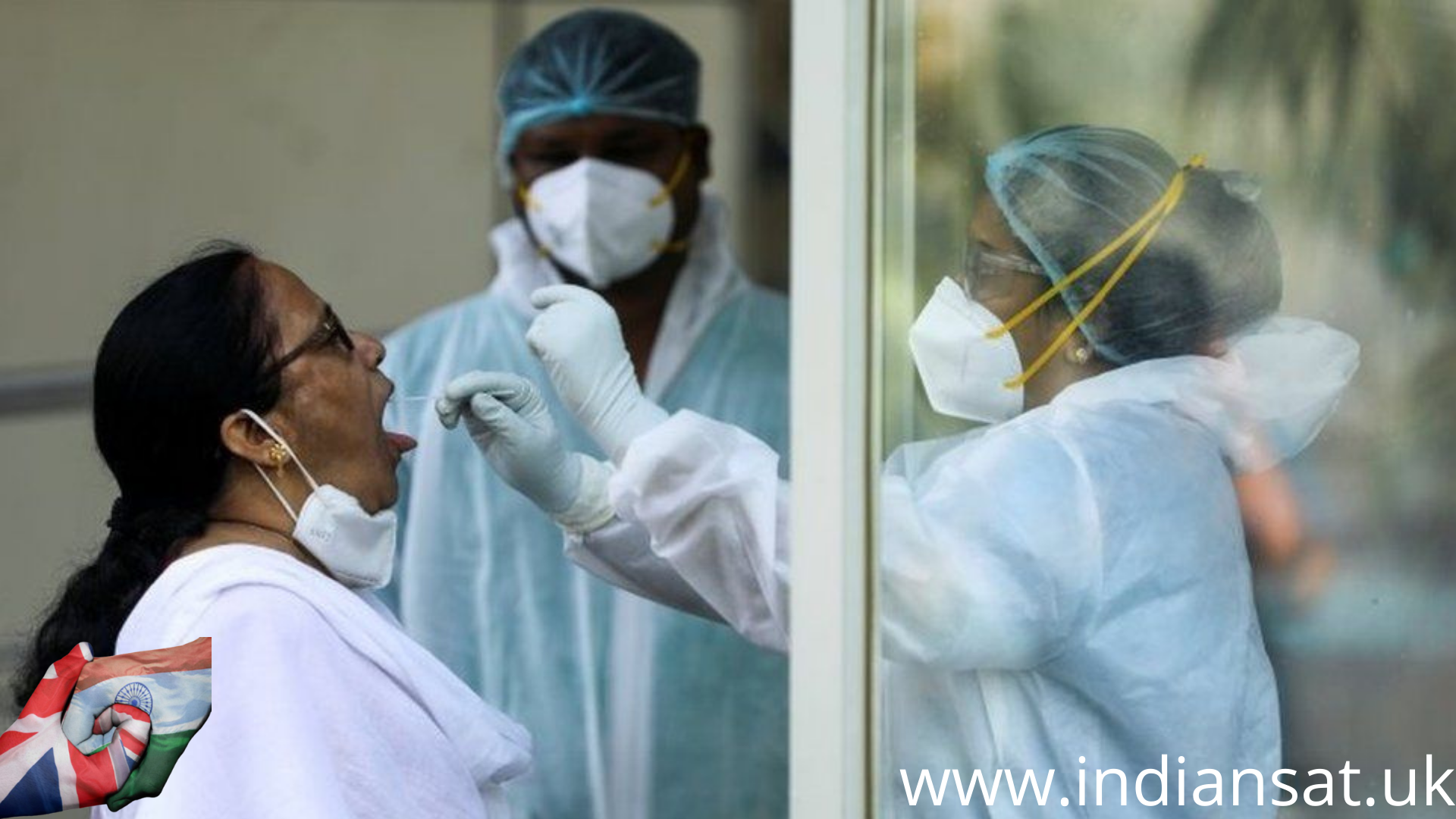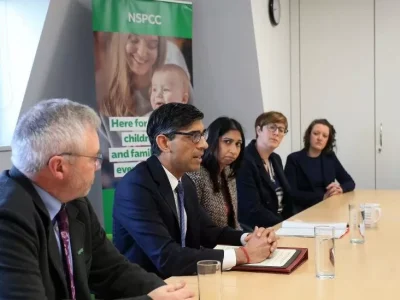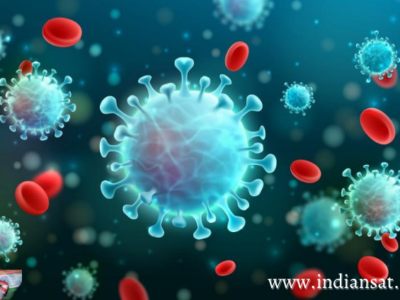Public health experts have recommended one version of the Indian coronavirus variant be made a “variant of concern” in the UK, the BBC has been told.
Public Health England (PHE) is tracking B.1.617.2 which appears to spread more quickly than two other identified subtypes of the Indian variant.
Scientists also believe it is at least as transmissible as the variant detected in Kent last year.
A spokesman for PHE said it would not comment on leaked data.
There is no evidence this version of the Indian variant is resistant to current vaccines, a source has told the BBC.
It is believed more than 500 cases of B.1.617.2 have now been detected across England with the highest levels in London and the North West.
It is not known how many of the current infections in the UK can be linked to international travel.
However, it is thought there has already been some evidence of “significant” community transmission, mainly linked to workplaces and religious gatherings.
In one cluster at a care home, 14 elderly residents who had all been vaccinated, were infected with the variant, the source said. A number needed hospital treatment, but not for severe disease, and it is thought all have now recovered.
All current vaccines are thought to offer some degree of protection against variants but can never completely stop all Covid infections, especially among vulnerable or elderly people.
Viruses mutate all the time, producing different versions of themselves. Most of these mutations are insignificant – and some may even make the virus less dangerous – but others can make it more contagious and harder to vaccinate against.
It is tempting to conclude that because there is now evidence this variant is more infectious and because cases have risen rapidly in the UK, this marks the start of the rise of this Indian variant.
But there are some good reasons why we should not jump to that conclusion.
The rapid rise in cases is being linked to an increase in international travel from India ahead of the country being put on the “red list”.
There are some early signs in the data, Public Health England sources say, that the increase may be coming to an end, meaning that it may reflect that rise in travel rather than significant community spread.
Two key factors are in our favour – the vaccines appear to work just as well against this variant as the dominant virus circulating in the UK (although uptake in the Indian community is a little lower) plus there are still significant social distancing restrictions in place that should help to limit spread.
It will be a couple of weeks before we know for sure. The message is clear – this needs to be taken seriously, but there is no need to panic.
That version has now been re-characterised as three different subtypes, all with slightly different genetic mutations.
The UK has seen a sharp increase in one version in particular, known as B.1.617.2, which now makes up the majority of all Indian variant cases and appears to be growing faster than other versions.
It does not feature the E.484K mutation found in the South African variant of the virus, which could help the virus dodge a person’s immune system and may affect how well coronavirus vaccines work.
Laboratory work is needed to sequence individual Covid tests and identify specific variants, meaning the latest figures are likely to represent the situation about a week ago.
Figures from the Wellcome Sanger Institute, which analyses positive swabs for different variants, also showed clusters of B.1.617.2 in places including Leicester, Bolton, Nottingham and Blackburn in the week to 24 April.
It comes as seven confirmed cases of the B.1.617.2 variant have been detected in Northern Ireland – the first discovered in the region.
Scientists at Public Health England have now recommended that the B.1.617.2 variant should be formally designated a “variant of concern”, the BBC has been told, with India and the World Health Organization expected to be informed of the change later.
Dr William Welfare, the Covid-19 incident director at PHE, said: “Public Health England is monitoring the situation closely and appropriate public health interventions, including targeted testing and enhanced contact tracing, are being undertaken.”
India has said the B.1.617 variant may be linked to a deadly second coronavirus wave that has swept the country in recent weeks.
The country reported a record 412,000 cases in the space of 24 hours on Wednesday, and 3,980 deaths.
The surge in infections has already overwhelmed the healthcare system with hospital beds, oxygen and even crematorium space in short supply, while several states are under localised lockdowns and curfews.
![]()






